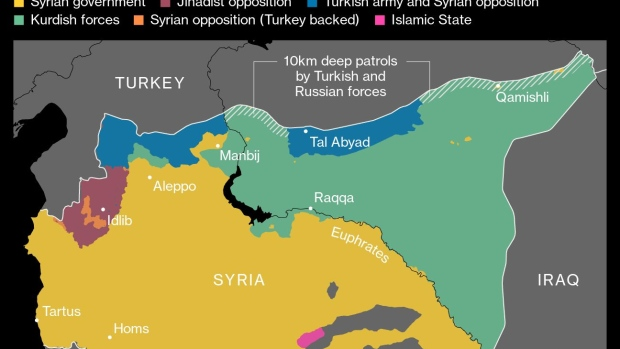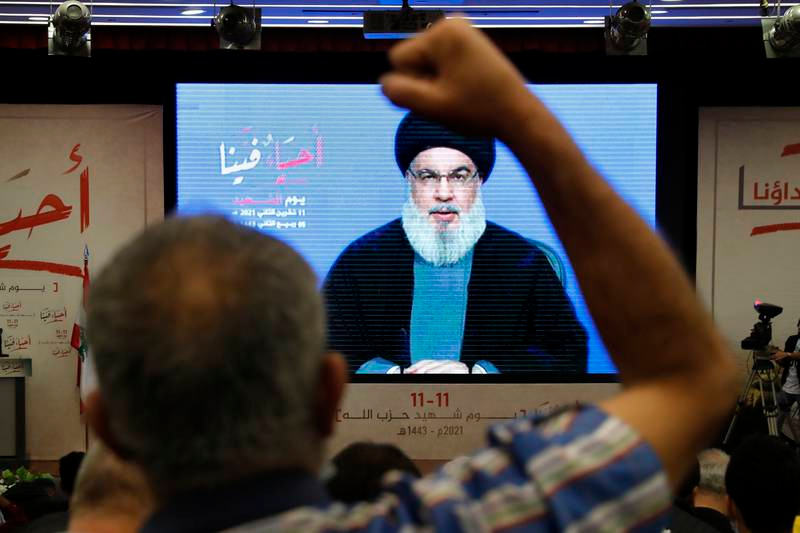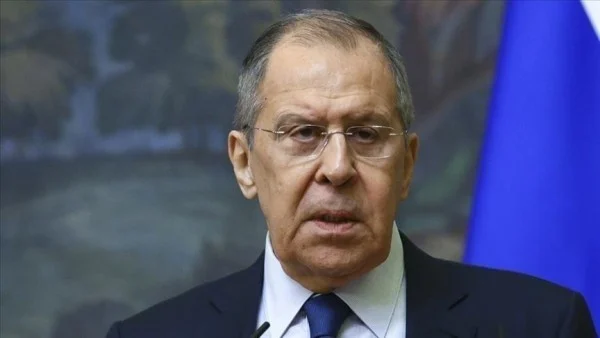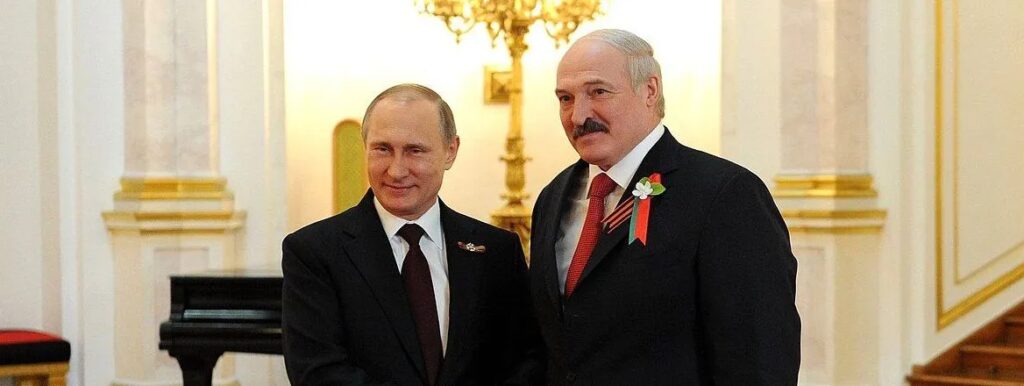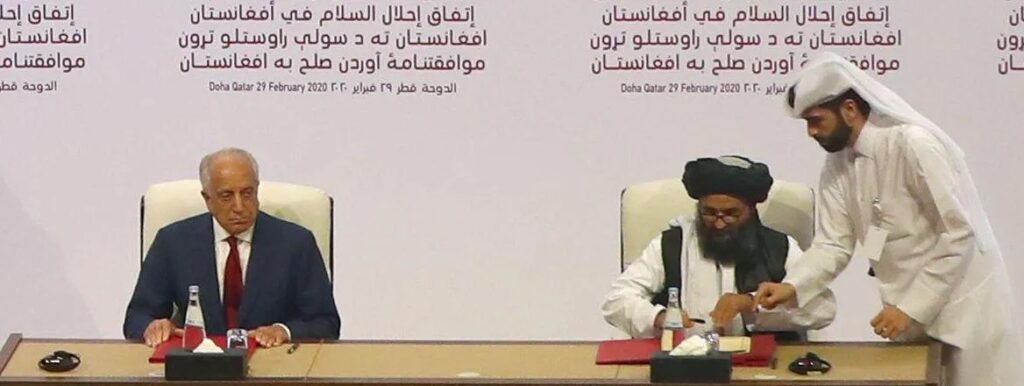Turkey’s Pragmatic Policy In The Balkans Has Its Limits – OpEd
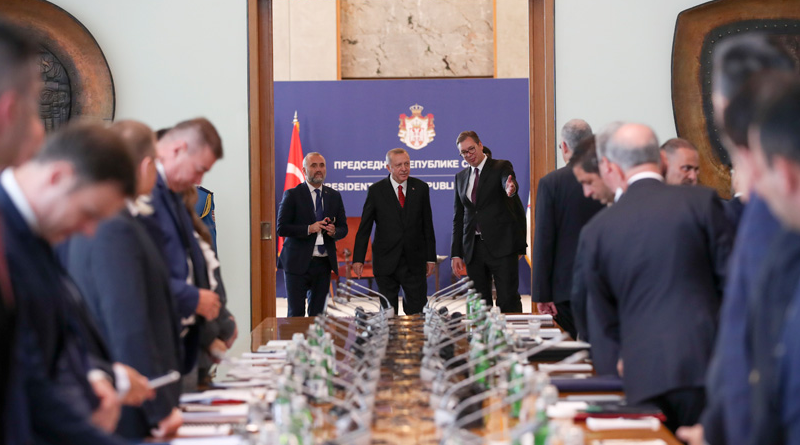
The recent crisis in Bosnia has highlighted the adaptability – and limitations – of Turkish policy in the Balkans.
Turkish President Recep Tayyip Erdogan recently hosted in Ankara Milorad Dodik, the Serbian member of Bosnia’s tripartite presidency, to discuss the political crisis in Bosnia triggered by Dodik’s threat to abandon state institutions. At the beginning of November, Bosnia’s Bosniak leader, Bakir Izetbegovic, visited Erdogan in Istanbul to address the same issue.


